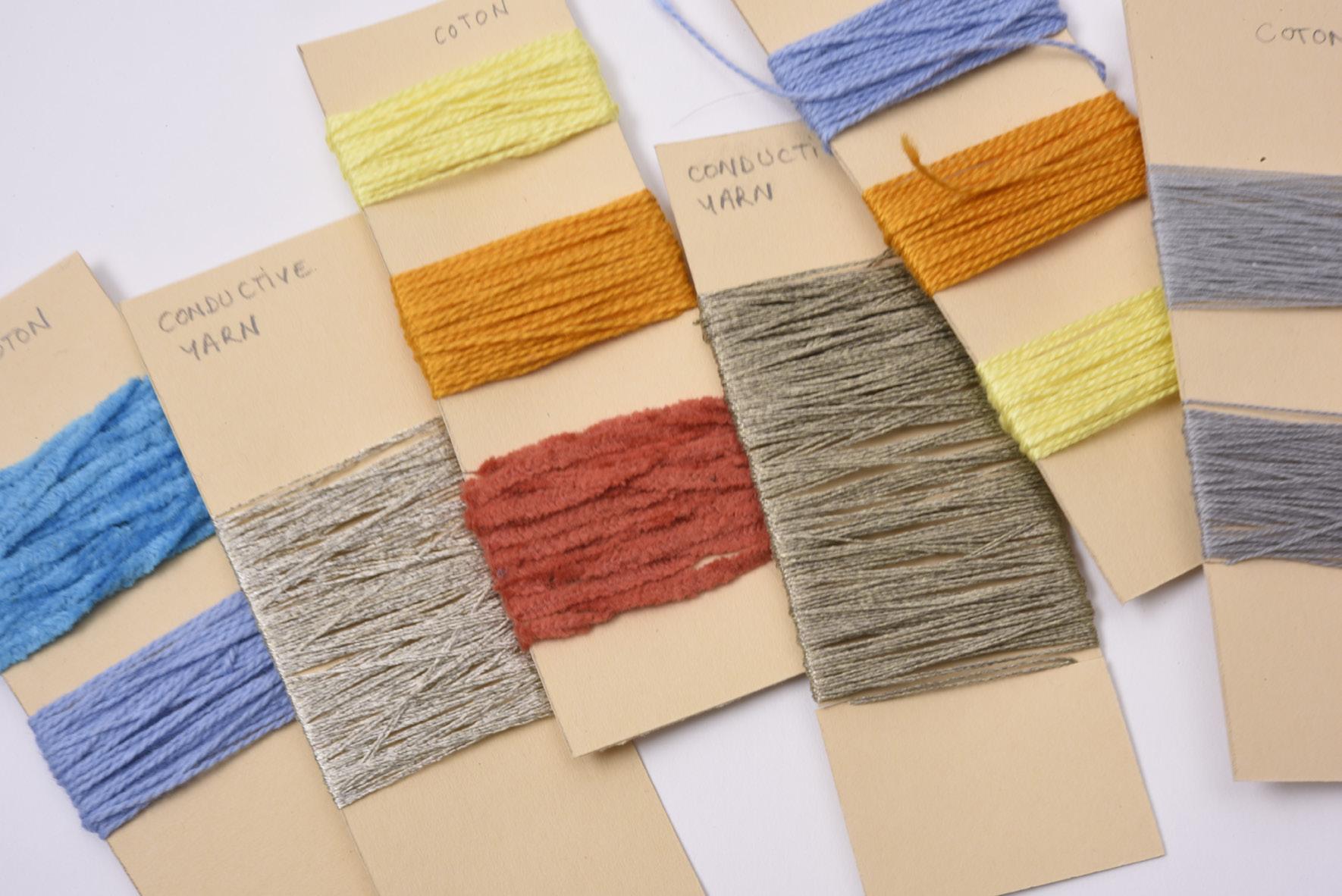
Product Design | The Tone of Things
In the interaction with our environment all senses play together
In addition to visual and tactile qualities, physical things which can be experienced in the process of interacting with in a very primitive form to convey information.
In this project, we want to explore the realm of the audile consciously designed sound experiences. How can sound or enable other forms of interaction? What analog or digital how can these ideas be prototyped?
We are aiming at developing a concept or an object / product,
together shaping this experience.
things also have a sound inherent in their material and form, with them. Objects in the technosphere often use sound only audile in order to enrich everyday objects and situations through sound support interaction decisions, enhance user experiences, digital sound qualities are conceivable, can be created, and product, which "sets the tone" for a new quality of interaction.
Hands Orchestra
Gamification of Handwashing

2022.10-2023.02
The Tone of Things, Weissensee Kunsthochschule, Berlin
Collaborated with Nina Pothier



‘Hands Orchestra’


Is a gamification of handwashing for children between 5 and 9 years old. It aims to make a daily chore more fun and enjoyable for kids.
The focus is on how motion and sound can be designed to incentivise children to perform different tasks, encouraging them to follow every step, following a circuit.
In this project, each child is like a player in the orchestra: one is playing the squeaker sound of the soap, another is playing the guitar music of the tap, and the last one is playing the bubble sound of the towel. Rhythm, melody and noise play together in a loop, composing a children's band.
We decided to work with kids
because, as users, they are interesting to observe since his or her interactions with objects are unpredictable.
Based on this public, we observed situations unbearable for them to do, and we started to think about how to make these situations interesting and playful.

User Journey



Field investigation on the environment and needs of children's handwashing issue.


Hands-on research in a Montessori school informed the design. It was concluded that some sounds appealed to children more than others, with some audio clips causing cartoon-like images to come to mind.


“Oh it’s magical, it’s playing music!”




Towels,
Towels became a focus for the design, because different variations of textures could be created in textiles that correspond to different variations of sound. This variety encourages the kids to touch every towel and gives the impression the children have the freedom to play the music themselves. Each textile technique produces a different surface design.

Speaker
Conductive Yarn

Bubble Sound
After choosing a bubble textiles, the sound with PD. tempo, sensitivity with the
sound, we experimented with the touch of the PD. It gave us the possibility to change pitch, the programming.
 Bela Board
Bela Board
Bubble Weaving

A waffle weave towel exhibits a haptic design that allows it to absorb more water.

Sample with waffle pattern.
Tests with different types of threads more or colourful cotton and conductive yarn.


or less thick:

Weaving process on a 8 shaft loom.

Bubble Screenprinting
The visual design of a screen-printed towel gives some gesture guidance for the kids to follow the vertical pattern of descending ‘notes’.


Choice of material, cotton towels and different colours fitting with the colour chart.

Test on different materials to experiment dying ink: this ink goes into fibers original texture of the towels.

experiment reactions with fibers without affecting the Screenprinting process.


Bubble Embroidery
The embroidered towel pattern keeps the towel's flexibility and evokes sound waves.


As the embroidery: choice of material, cotton towels and different colours fitting with the colour chart.

Test of little samples with the embriodery
These tests made it possible to experiment colours and density of yarn.

machine. experiment flexibility,


Holders for towels
The holder is made of one piece of wood, one piece of acrylic cutting with laser cut. Everything is fixed on the wall with screws.


We first imagined shapes of holder and different way to hold a towel, making a scaled prototype to check it out.

Worked in the wood workshop to imagine which could be connected to bela board.

imagine a coat hook board.


Conductive Tape
Wood Stick, Holder’s mainbody

Everything including holder, rings and towels is connected to Bela board.
*The rings are made of conductive fabric and are attached to each towel.
Laser Cut Pieces
Screw sets

Electronic components
Cable
“If I got this towel, I would wash
my hands more often” Mando,9





Hardware Prototyping: Olaf Thiele
Text coaching: Yolanda Leask
Embroidery coaching: Gudrun Haggenmüller
Screenprinting coaching: Louise Drubigny
Carpentry coaching: Sebastian Summa, Alfred Heine
Prof. Carola Zwick, Prof. Mika Satomi, KüMi Olaf Thiele